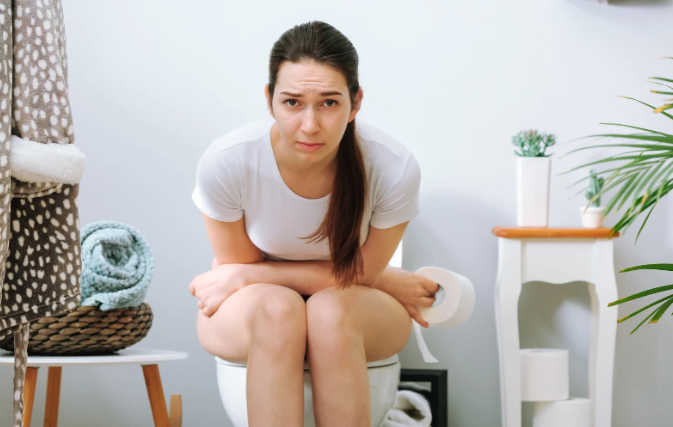Isn’t it a little strange that while driving home from work, you start feeling like you have to pee as you get about a mile from home? The closer you get to home, the greater the feeling intensifies until you do the pee-pee dance while trying to figure out which key opens the front door. The problem is, it doesn’t stop there. The feeling intensifies until you reach the toilet.
Why do you have to pee the closer you get to home?
If you know this feeling all too well, you should be happy to see that it isn’t a coincidence that the closer you get, the more you have to go; it’s science. “The closer you are to that access, the more you’re going to feel that sense of urgency and your body is going to say, ‘Oh, hey, we’re almost there, we have it,’” Jessica Stern, a clinical assistant professor of psychiatry at NYU Langone Health, told The Huffington Post.
You’ve probably heard of the mind-body connection, but did you know it also extends to the brain-bladder connection? According to Stren, there is an ongoing dialogue where the brain tells the bladder whether it’s okay to go to the bathroom. So, when you’re commuting home from work, your brain says, “Not now, bladder,” until you get closer to home, and then the brain gets less demanding, and the bladder takes over.

“As one gets closer to the bathroom, the inhibitory signals from the brain become less and less as the thought of urinating becomes stronger and stronger,” Dr. Victor W. Nitti, a professor of urology and obstetrics and gynecology at the David Geffen School of Medicine at University of California, Los Angeles, told The Huffington Post.
The more you wait to use the restroom until you get home, the more your mind will associate coming home with having to go to the bathroom until it becomes habitual. “The more you go to this place where you’re arriving at home and having to go to the bathroom immediately, the more that pattern is going to start to develop,” Stern said.

So, now that we know there’s a brain-bladder relationship happening, what about your bowels? Is there a brain-bowel relationship, too? Because it seems like the closer we get to home, the greater the utrge to poop as well.
Why is it the closer you get to home, the more you have to poop?
Jack Gilbert, a professor of surgery at the University of Chicago and the university’s Microbiome Center director, says there is a similar effect on the bowels. Our body chemistry changes when we get home which makes us more comfortable going poop. Gibert says that coming home “triggers the relaxation response that allows you to release the inhibitions that led you to hold it in’ while in unfamiliar surroundings.” That’s a big reason why people often suffer from constipation when they go on vacation, because the body isn’t sure where it’s safe to go. Remember, many of our systems are running on ancient evolutionary data that, thousands of years ago, meant that going to the bathroom in the wrong place could get you eaten by a wild animal.
Interestingly, our mind works overtime, communicating with our bladder and bowels without us knowing it, so we have a safe and comfortable place to go to the bathroom. Still, it would be cooler if the brain tols us we have to go pee or poop after we opened the front door instead of a mile from home.







































